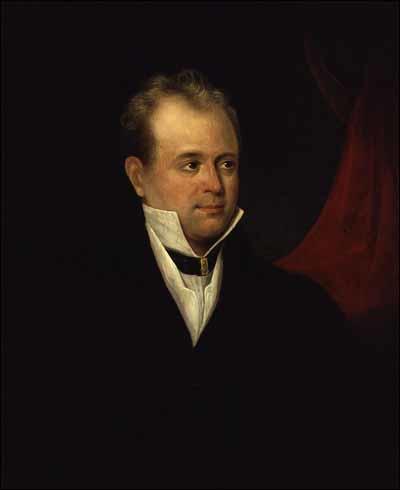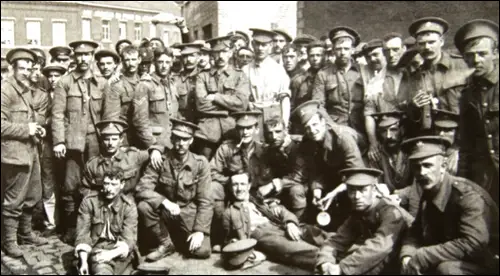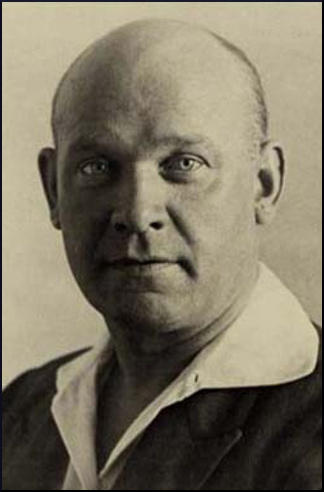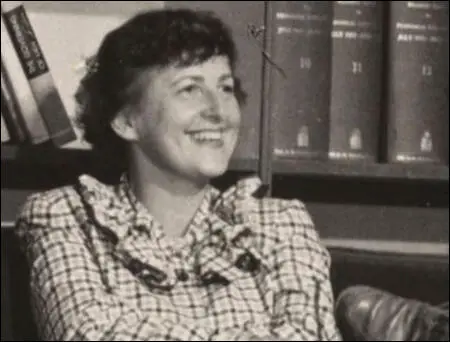On this day on 18th August
On this day in 1819 Richard Carlile publishes an account in Sherwin's Political Register of the Peterloo Massacre.
The meeting was one of the most calm and orderly that I have ever witnessed. No less than 300,000 people were assembled. Mr. Hunt started his speech when a cart was moved through the middle of the field to the great annoyance and danger of the assembled people, who quietly endeavoured to make way for its procedure. The cart had no sooner made its way through, when the Yeomanry Cavalry made their appearance from the same quarter as the cart had gone out. They galloped furiously round the field, going over every person who could not get out of their way.
The Yeomanry Cavalry made their charge with a most infuriate frenzy; they cut down men, women and children, indiscriminately, and appeared to have commenced a pre-meditated attack with the most insatiable thirst for blood and destruction. They merit a medallion, on one side of which should be inscribed 'The Slaughter Men of Manchester', and a reverse bearing a description of their slaughter of defenceless men, women and children, unprovoked and unnecessary. As a proof of meditated murder of the part of the magistrates, every stone was gathered from the ground on the Friday and Saturday previous to the meeting, by scavengers sent there by the express command of the magistrates, that the populace might be rendered more defenceless. The meeting was one of the most calm and orderly that I have ever witnessed. No less than 300,000 people were assembled. The Yeomanry Cavalry made their charge. They cut down men, women and children, and appeared to attack with a thirst for blood.

On this day in 1914 it is reported in the Manchester Guardian that the British Expeditionary Force had landed in France.
The official announcement of the completion of the landing of the Expeditionary Force in France makes it possible to publish in this country accounts of the despatch of the troops and their hearty welcome in France. These were appearing in the Paris papers nine or ten days ago.
Over the sides of a big transport towed and steered into Boulogne habour by four tugs this afternoon appeared the high mast and wireless aerial of a British warship. Along the piers which flank the waterway there were ringing French cheers for the soldiers crowding the transport's sides and rigging, but the crowds dispersed before the ship of war steamed into port.
The warship, which had made what was probably a record passage from Dover, carried Field Marshal Sir John French and the Headquarters Staff of the British Expeditionary Force. The swift and by all accounts smooth and efficient despatch of the Expeditionary Force overseas is a remarkable military achievement.
The army mobilisation proclamation was signed on the same day as the declaration of war against Germany - Tuesday, August 4. In less than a fortnight the landing of a fully equipped army on the Continent has been completed. And this has been done under the protection of the navy, with a powerful hostile fleet only 300 miles away.
Before war was declared, the Regular Amy at home was organised in one cavalry division, six divisions, and army and line of communication troops, with a total strength of about 165,000 men. This was to be the Expeditionary Force. What part of it has now been sent abroad the official statement does not say.

On this day in 1944 German communist leader Ernst Thälmann is executed in Buchenwald Concentration Camp spent over eleven years in solitary confinement. A few days later the Nazi government announced that Thälmann and Rudolf Breitscheid had been killed in an Allied bombing attack.
After the Reichstag Fire on 27th February, 1933, the Nazi Party launched a wave of violence against members of the German Communist Party and other left-wing opponents of the regime. This included Thälmann who was arrested and imprisoned on 3rd March 1933. He managed smuggled out details of his treatment: "They ordered me to take off my pants and then two men grabbed me by the back of the neck and placed me across a footstool. A uniformed Gestapo officer with a whip of hippopotamus hide in his hand then beat my buttocks with measured strokes, Driven wild with pain I repeatedly screamed at the top of my voice. Then they held my mouth shut for a while and hit me in the face, and with a whip across chest and back. I then collapsed, rolled on the floor, always keeping face down and no longer replied to any of their questions."
Wilhelm Pieck had managed to escape to the Soviet Union. In July 1936 he issued a statement calling for the release of Thälmann: "If we succeeded in raising a tremendous storm of protest throughout the world, it will be possible to break down the prison walls and as in the case of Dimitrov, deliver Thaelmann from the clutches of the Fascist hangmen. The fact that Ernst Thaelmann has got to spend his fiftieth birthday in the gaols of Hitler-Fascism is an urgent reminder to all the anti-Fascists of the whole world that they must intensify to the utmost their campaign for the release of Thaelmann and the many thousands of imprisoned victims of the White Terror."

On this day in 1945 Freda Kirchwey reports on the politics of the atom bomb in The Nation Magazine.
"The bomb that hurried Russia into Far Eastern war a week ahead of schedule and drove Japan to surrender has accomplished the specific job for which it was created. From the point of view of military strategy, $2,000,000,000 (the cost of the bomb and the cost of nine days of war) was never better spent. The suffering, the wholesale slaughter it entailed, have been outweighed by its spectacular success; Allied leaders can rightly claim that the loss of life on both sides would have been many times greater if the atomic bomb had not been used and Japan had gone on fighting. There is no answer to this argument. The danger is that it will encourage those in power to assume that, once accepted as valid, the argument can be applied equally well in the future. If that assumption should be permitted, the chance of saving civilization - perhaps the world itself - from destruction is a remote one."


